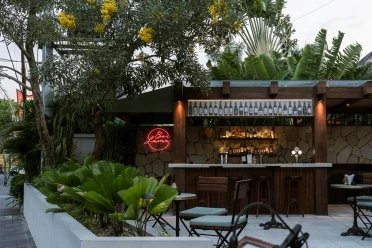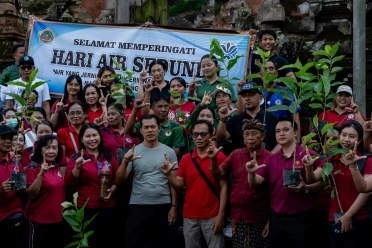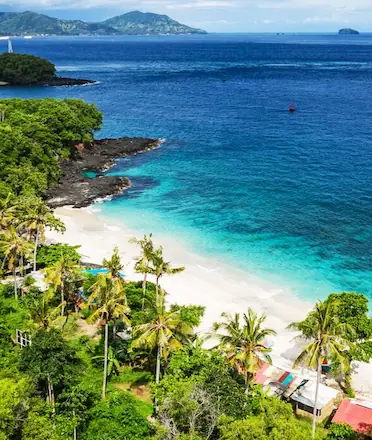Each year, as the west wind season arrives, Bali grapples with a pressing environmental issue: waves of plastic waste washing up on its renowned beaches, tarnishing their natural allure. In response to this growing ‘plastic tide’ issue, the Indonesian Ministry of Tourism has announced the acceleration of the Clean Tourism Movement 2025, a comprehensive program designed to tackle waste management and enhance the cleanliness of tourist destinations.
In response to this growing ‘plastic tide’ issue, the Indonesian Ministry of Tourism has announced the acceleration of the Clean Tourism Movement 2025
This initiative is not new, having been successfully implemented in destinations like Lake Toba, Borobudur, Mandalika, and Labuan Bajo. Now, Bali is set to benefit from the program’s proven strategies and resources, addressing the pressing need for cleaner and more sustainable tourism practices. The government’s commitment comes at a crucial time, as the seasonal influx of ocean debris threatens not only Bali’s natural beauty but also its tourism industry, marine ecosystems, and the well-being of its local communities.
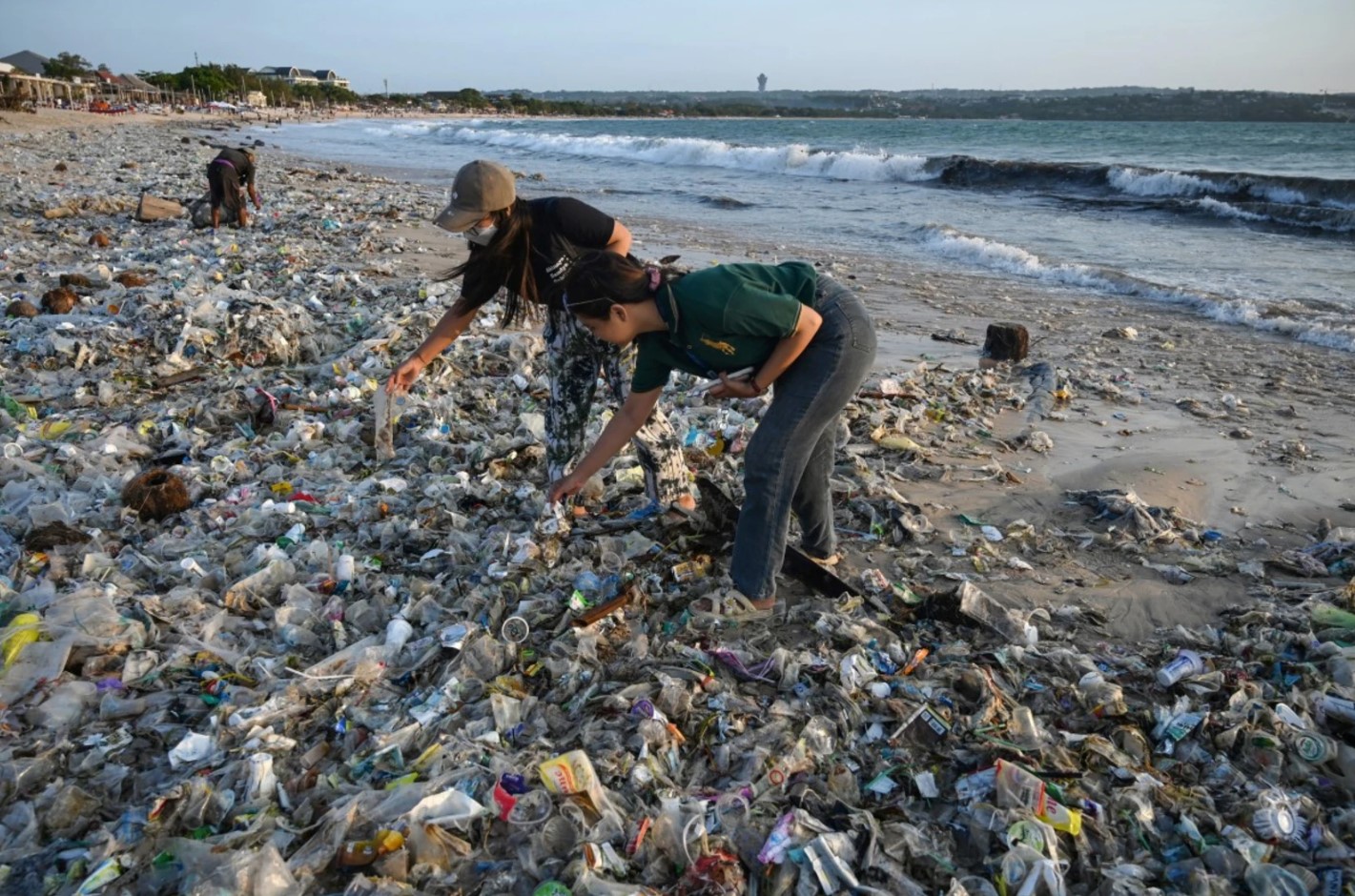
The Seasonal Waste Problem
The beaches of Kuta, Jimbaran, and Kedonganan, among Bali’s most popular and family-friendly destinations, have been particularly affected by the recent influx of plastic waste. Stretching along the southern coast, these areas have seen tides of debris carried ashore by ocean currents during the west wind season. While officials have noted that this phenomenon is largely driven by natural oceanographic conditions, the impact on Bali’s reputation as a pristine tourist destination cannot be overlooked.
Recent reports highlight that the waste is not solely a local problem but a regional one, with much of the debris originating from other parts of the Indonesian archipelago and beyond. However, inadequate waste management infrastructure at the local level exacerbates the issue, as the island struggles to process and manage the waste that washes ashore. The government has recognized this dual challenge and aims to address both the seasonal nature of the problem and the systemic gaps in waste management through the Clean Tourism Movement 2025.

A Collaborative Approach to Clean Tourism
The Clean Tourism Movement 2025 aims to create a comprehensive framework for waste management and environmental preservation in Bali. This includes deploying tools and funding to support clean-up efforts, enhancing waste processing infrastructure, and fostering collaboration between national and provincial governments, local communities, and environmental organizations.
The recent emergency clean-up efforts have demonstrated the power of collective action. Over one week in December, 25 tons of waste were collected from Bali’s beaches, thanks to the coordinated efforts of local volunteers, environmental NGOs, and government agencies. During a single weekend, thousands of individuals came together to remove debris from Kuta, Jimbaran, and Kedonganan beaches, underscoring the community’s dedication to preserving the island’s natural beauty.
However, many stakeholders have pointed out that such clean-ups are only temporary solutions. Without systemic changes to waste management and stronger enforcement of environmental regulations, the problem will persist. The Clean Tourism Movement 2025 aims to address these concerns by prioritizing sustainable practices and long-term solutions.
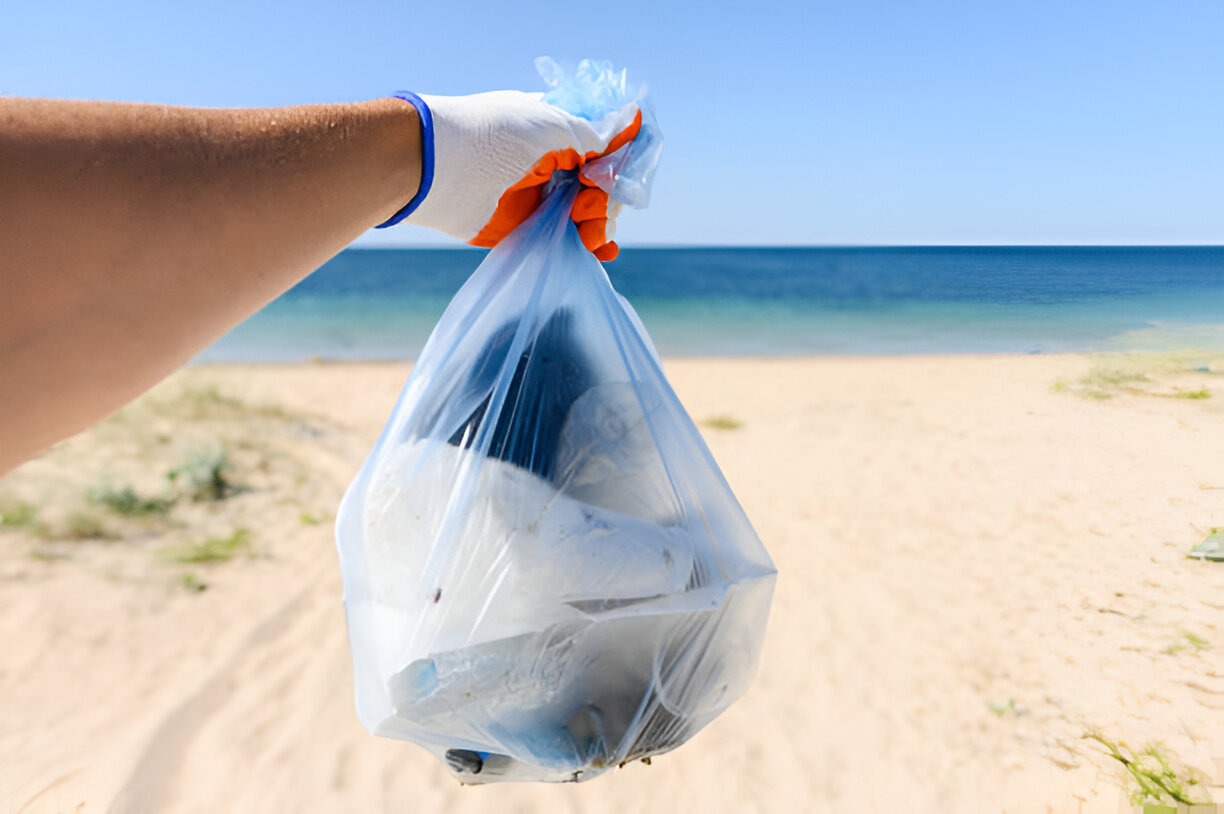
The Role of National Government
The Ministry of Tourism, in collaboration with the Ministry of Environment and other governmental bodies, has pledged to implement measures that go beyond immediate clean-up efforts. These include investing in waste collection and processing technology, improving recycling systems, and promoting public awareness campaigns about the importance of environmental preservation.
Key to the success of the program is the integration of Bali’s local philosophies and values, such as Tri Hita Karana, which emphasizes harmony between humans, nature, and spirituality. By aligning modern waste management strategies with these traditional principles, the initiative seeks to create a sustainable model that respects Bali’s unique cultural identity.
Additionally, the government has committed to monitoring and mitigating the effects of seasonal waste surges. This includes allocating resources for emergency response efforts and collaborating with environmental organizations to track and manage ocean debris. Officials have also highlighted the importance of regional cooperation, as the issue of marine waste extends beyond Bali’s shores to the wider Southeast Asian region.
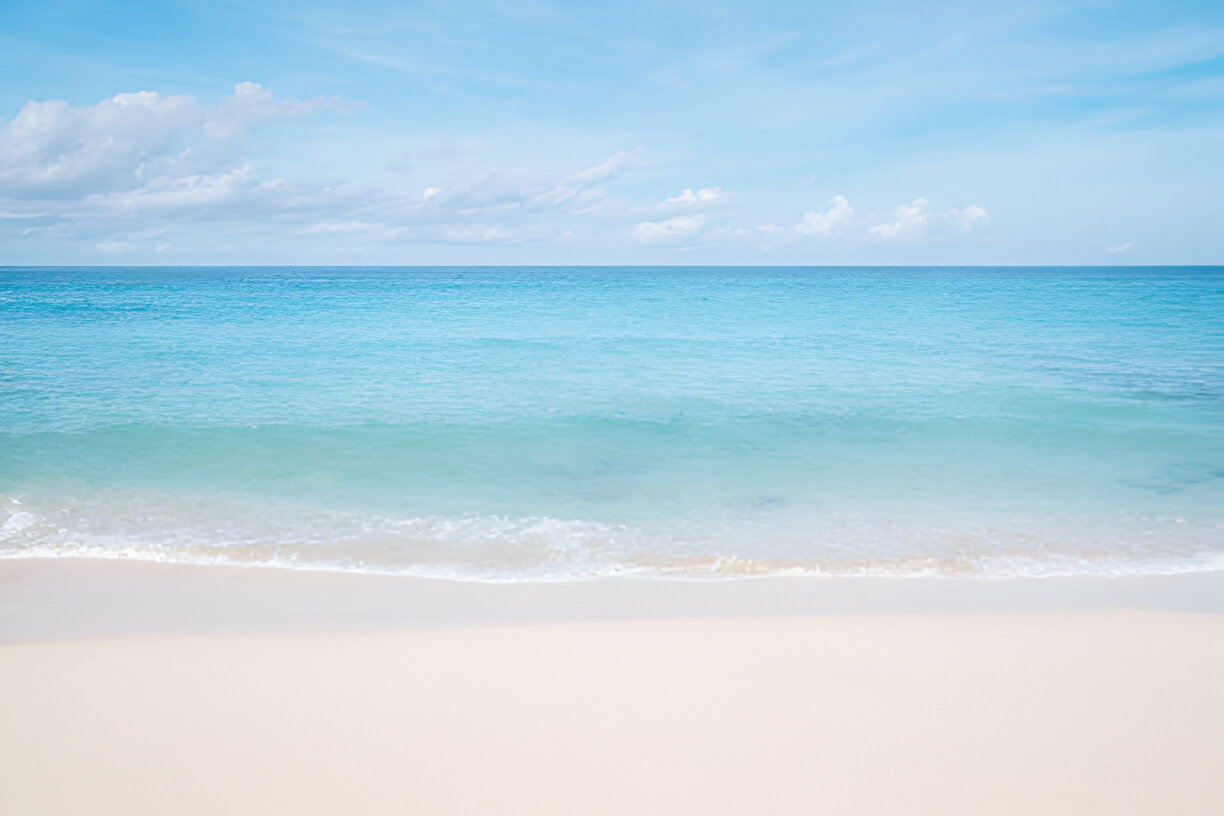
A Vision for the Immaculate Future
The Clean Tourism Movement 2025 represents more than just a response to Bali’s current waste crisis. It is a vision for a sustainable future where tourism and environmental preservation go hand in hand. By addressing the root causes of waste pollution and promoting collective responsibility, the initiative aims to transform Bali into a model destination for clean and sustainable tourism.




 Billy Bagus
Billy Bagus
 Jan 09, 2025
Jan 09, 2025
